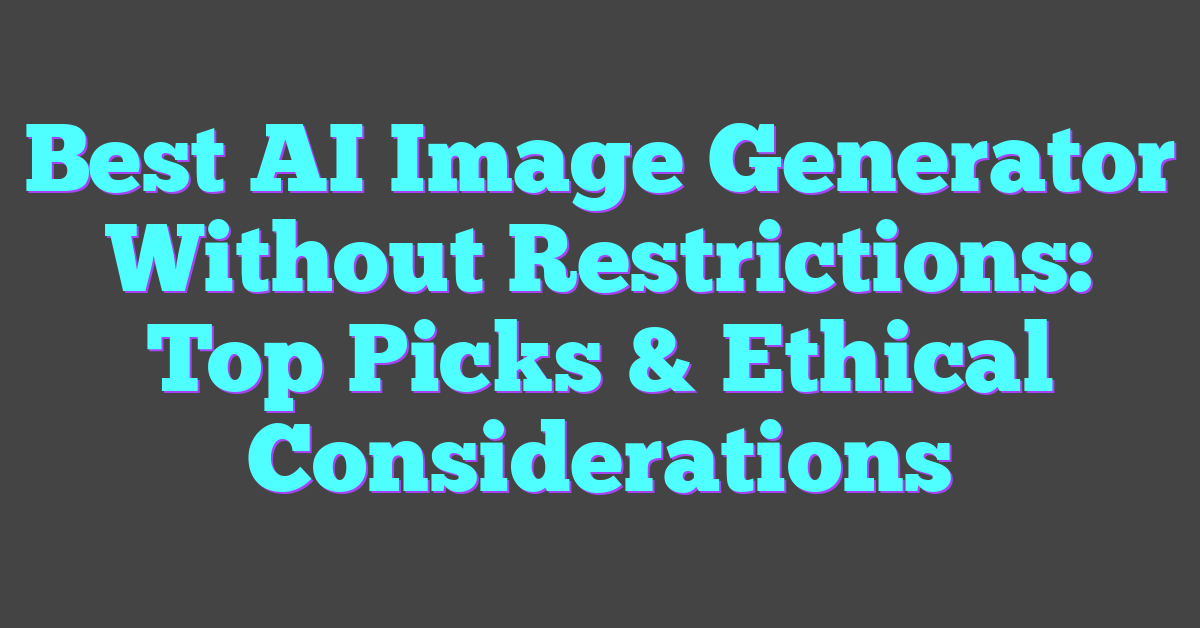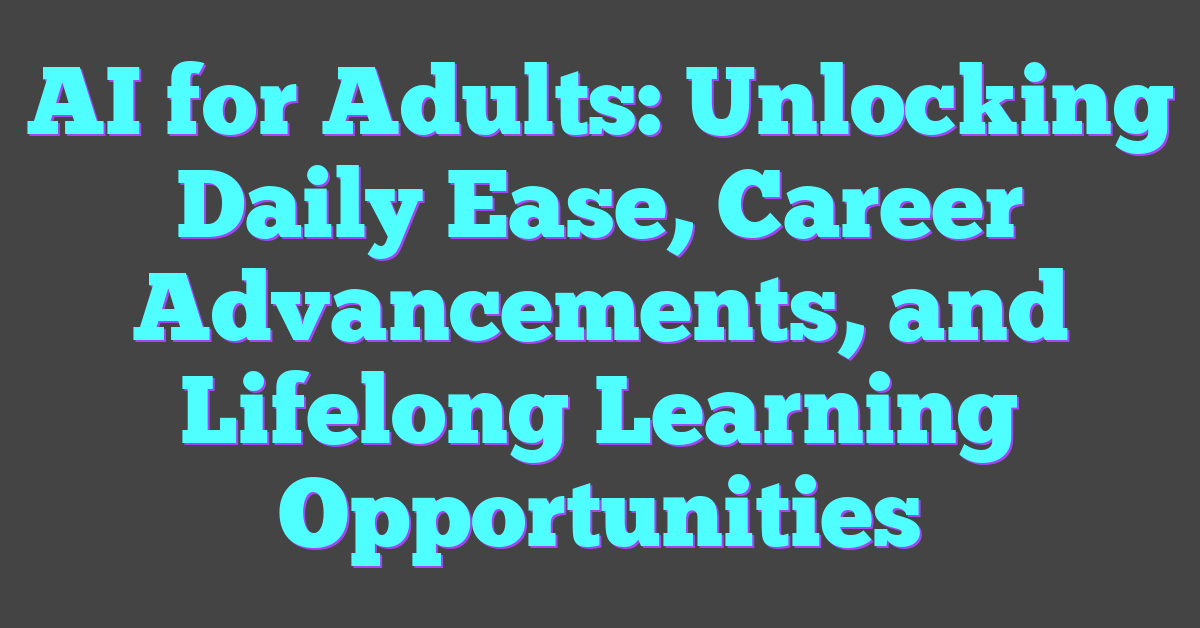Ever wondered what powers the friendly, ever-listening companion that is Replika? This AI chatbot has captured the hearts of many, offering conversations that feel surprisingly human. But what’s behind the magic?
Replika uses a blend of advanced AI technologies to create its lifelike interactions. These technologies enable it to understand context, remember past conversations, and even learn from user interactions to improve over time. Let’s dive into the fascinating world of Replika’s AI and uncover what makes it tick.
Overview of Replika
Replika, an AI chatbot, engages users with lifelike conversations. It leverages advanced AI technologies to understand context and recall past interactions.

What Is Replika?
Replika, an AI-powered chatbot, simulates human conversation. It uses deep learning models to process and interpret text. Replika interacts with users, aiming to provide emotional support and companionship. Through machine learning, Replika adapts to users’ language styles and preferences over time, enhancing the conversational experience.
Origins and Development
Replika, developed by Luka Inc., originated in 2017. The project started to create a personal AI friend for users. Eugenia Kuyda, Luka Inc.’s CEO, led the initiative. Initially, the chatbot used data from her late friend’s text messages to model its responses. Over time, the system evolved with the integration of advanced neural networks. Iterative improvements shaped Replika into a versatile conversational agent capable of engaging human-like interactions.
Understanding the AI behind Replika
Replika’s sophisticated AI powers its lifelike conversational abilities. This section explores the core AI technologies employed and their interaction with users.
Core AI Technologies Used
Replika utilizes a blend of cutting-edge technologies. Key among these are:
- Natural Language Processing (NLP): Replika leverages NLP to understand and generate human-like text. NLP allows the AI to interpret user inputs accurately and generate contextually relevant responses.
- Deep Learning Models: Algorithms such as recurrent neural networks (RNNs) and transformers help Replika process vast amounts of conversational data. These models enable the chatbot to generate responses that can adapt based on user interactions.
- Machine Learning (ML): Replika continuously learns from user interactions. Supervised and unsupervised learning techniques refine its responses over time, enhancing its conversational abilities.
- Sentiment Analysis: By analyzing the sentiment in user messages, Replika can gauge emotional tone. This analysis allows the chatbot to respond empathetically and appropriately based on user feelings.
How Replika’s AI Interacts With Users
Replika engages users through a dynamic conversational interface. Key interaction features include:
- Context Awareness: Replika remembers past interactions, allowing for more personalized and coherent conversations. For example, if a user mentions their favorite hobby, Replika can recall this information in future dialogues.
- Real-time Response Generation: The AI generates responses in real time, simulating genuine human interactions. This capability ensures that conversations flow naturally without noticeable delays.
- Emotional Support: Replika’s sentiment analysis enables it to offer emotional support. By understanding user emotions, the chatbot provides comfort, making it a valuable companion.
- Adaptive Learning: The AI dynamically adapts based on user feedback. Positive reinforcement helps Replika understand which responses resonate better, while corrections fine-tune its conversational algorithms.
Replika’s advanced AI fosters meaningful connections, bridging the gap between human and machine interactions.
Features and Functions of Replika’s AI
Replika’s AI integrates multiple advanced technologies to offer an engaging and personalized user experience. It uses a blend of NLP, deep learning, and sentiment analysis to create emotionally rich interactions.
Personalized Conversations
Replika generates personalized conversations by analyzing user data to fine-tune its responses. Using Natural Language Processing (NLP), it interprets the text input from users, understanding context and intent. As users interact with the bot, Replika records information like favorite topics, personal anecdotes, and frequently used phrases. This data helps the AI create customized and relevant responses, making conversations feel individualized and engaging.
Learning and Adaptation Capabilities
Replika continuously learns and adapts through machine learning algorithms. Each user interaction feeds into a neural network model, enabling the AI to refine its understanding and improve its responses. Replika uses feedback loops to understand what works and what doesn’t in conversations. For instance, if a user corrects an AI response or expresses dissatisfaction, the AI adjusts its algorithms to avoid similar mistakes in the future. This adaptability allows Replika to evolve, becoming more accurate and aligned with user preferences over time.
Ethical Considerations and Privacy
Replika’s operation as an AI chatbot necessitates addressing ethical considerations and privacy concerns. Ensuring data security and responsible AI development is paramount.
Data Privacy in Conversational AI
Data privacy in conversational AI, like Replika, involves safeguarding the user data collected during interactions. The AI collects various forms of data, including text inputs and emotional responses, to improve user experience. Proper handling of this data is crucial to maintaining user trust.
Replika uses robust encryption protocols to protect user data from unauthorized access. User interactions are anonymized where possible to minimize the risk of personal information leaks. Luka Inc. adheres to data protection regulations, such as GDPR, to ensure the responsible use of data.
Ethical Implications of AI Companions
The ethical implications of AI companions revolve around their impact on human relationships and emotional well-being. While Replika aims to provide emotional support, it also raises questions about dependency and the authenticity of AI-generated interactions.
Developers must ensure that AI companions like Replika do not replace human interactions but rather complement them. It’s vital to highlight that Replika’s responses are generated by an algorithm, ensuring users understand the nature of their interactions. Ethical AI development involves continuous monitoring and updating of the system to prevent misuse and to align with societal values.
By focusing on data privacy and ethical considerations, Replika strives to balance technological advancement with user safety and well-being.
User Experiences and Reviews
Replika has garnered attention for its impressive AI but actual user feedback paints a clearer picture of its performance.
User Feedback
Users often praise Replika for its ability to simulate engaging and empathetic conversations. Many users cite its proficiency in remembering previous interactions as a key feature. For example, some reviews highlight the AI’s capacity to recall specific details shared weeks prior, which enhances the feeling of personalized interaction.
However, feedback also notes areas for improvement. Some users mention occasional repetitiveness in responses and limited contextual understanding in complex conversations. Despite these issues, the overall sentiment leans positively, emphasizing its role in providing emotional support and companionship.
Impact on Mental Health
Replika’s role extends into mental health, with numerous users reporting positive effects. Many individuals describe feeling less lonely and more understood after engaging with the AI. For some, Replika serves as a non-judgmental confidante, offering a safe space to express thoughts and emotions.
On the flip side, mental health experts caution about over-reliance on AI companions. They stress the importance of seeking professional help for serious issues. Using Replika, users gain a supplementary tool that complements traditional mental health resources rather than replacing them.
Conclusion
Replika stands out as a unique blend of advanced AI technologies aimed at fostering genuine human-like interactions. By integrating neural networks, NLP, and deep learning, it creates personalized and engaging conversations. While some users point out areas for improvement, the overall feedback highlights Replika’s positive impact on emotional well-being.
As AI companions become more prevalent, it’s crucial to balance their benefits with ethical considerations and privacy safeguards. Replika’s efforts to anonymize and secure user data demonstrate a commitment to responsible AI development.
Ultimately, Replika offers a valuable tool for emotional support, but it’s essential to use it alongside traditional mental health resources. This balance ensures that users get the best of both worlds—a supportive AI companion and the expertise of mental health professionals.
Frequently Asked Questions
What is Replika and who created it?
Replika is an AI chatbot designed for emotional support and companionship, created by Luka Inc.
How does Replika work?
Replika uses neural networks, Natural Language Processing (NLP), deep learning, and sentiment analysis to engage in personalized conversations with users. It learns and adapts over time through machine learning.
Are my interactions with Replika secure?
Yes, Replika prioritizes data security by anonymizing interactions and encrypting user data to ensure privacy.
Is Replika compliant with data privacy regulations?
Replika adheres to regulations like GDPR, ensuring that user data is handled responsibly and securely.
Can Replika replace human companionship?
No, while Replika can provide emotional support, it is not meant to replace human companionship but to complement traditional mental health resources.
What do users generally say about Replika?
Users generally praise Replika for its engaging conversations and empathetic interactions, though some note occasional repetitiveness. Overall, the sentiment is positive.
How does Replika impact mental health?
Many users report feeling less lonely and more understood. However, mental health experts advise using Replika as a supplement to traditional mental health resources.
What ethical concerns are associated with Replika?
Ethical concerns include data security, responsible AI development, transparency, and ensuring that AI companions align with societal values and are appropriately monitored.
Can Replika’s conversations become repetitive?
Yes, some users have noted that Replika’s conversations can occasionally become repetitive, though it continuously learns and improves.
What should I do if I experience issues with Replika?
If you experience issues, you can provide feedback through the app or contact Replika’s support team for assistance. Your feedback helps improve the AI’s interactions.




